Joji Yuasa, one of Japan’s leading composers, died of pneumonia at his home in Tokyo on July 21 at the age of 94. Based on his unique view of music as the movement of sound energy, he influenced many musicians in Japan and abroad with his avant-garde style. He also composed a wide range of orchestral and choral music, as well as music for film and television.
Born in Koriyama City, Fukushima Prefecture. Influenced by his father, a medical practitioner and music lover, he grew up with music from an early age.
He attended Keio University School of Medicine to become a surgeon, but his self-taught interest in composition led him to join the avant-garde “Experimental Studio,” a group of young artists from various fields who gathered under poet Shuzo Takiguchi in 1951, and he began his career as a composer in earnest.
In the 1960s, he attracted attention with his unique view of music as the movement of sound energy, and his works utilizing the latest sound technology laid the foundation of contemporary music as one of the pioneers of electronic music.
He established his international reputation in 1972 with the release of his best-known work, “Chronoplastic I”. His representative works include “Chronoplastic I-III,” “Projection for String Quartet,” and “Inner Tactile Universe I-V.
On the other hand, he has composed music for many television and film productions, including music for NHK’s historical dramas, and music for TV Program. He also composed well-known children’s songs such as “Hashire-ChoTokkyu”.
He has also taught at the University of California, San Diego since 1981, and in Japan at Nihon University, Tokyo University of the Arts, and Toho Gakuen School of Musicr. He has been a longtime artistic director of the “Akiyoshidai Summer” Contemporary Music Seminar and Festival, established in 1989, and has had a great influence on the composers who began working in the 2000s.
He also supervised the “Suntory Hall International Composition Commission Series” from 1999 to 2011. He has received numerous awards, including the Otaka Prize, given to an outstanding orchestral work in Japan five times, the Kyoto Music Grand Prize, the Suntory Music Award, and the Minister of Education’s Art Encouragement Prize, as well as the Japan Academy of of Arts Award in 1999, the Order of the Rising Sun in 2007, and the person of cultural merit in 2014.
Last year, he released “Elegy,” an arrangement of his old works in memory of his wife. This year, he received the Otaka Prize, and he appeared in good health, albeit in a wheelchair, at the award ceremony held in Tokyo this past May. According to sources, his health deteriorated after that, and he continued to rest and recuperate at home.
PHOTO:Schott Music








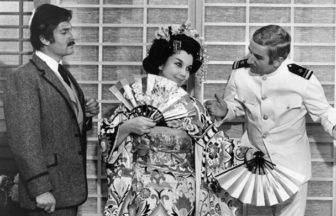
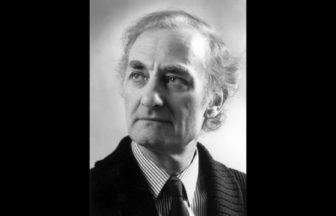




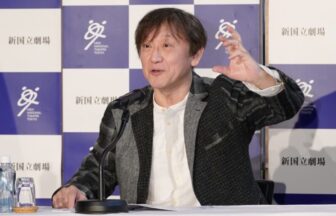
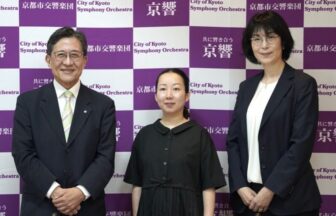

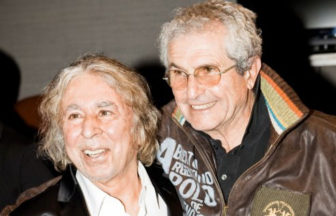
No comments yet.